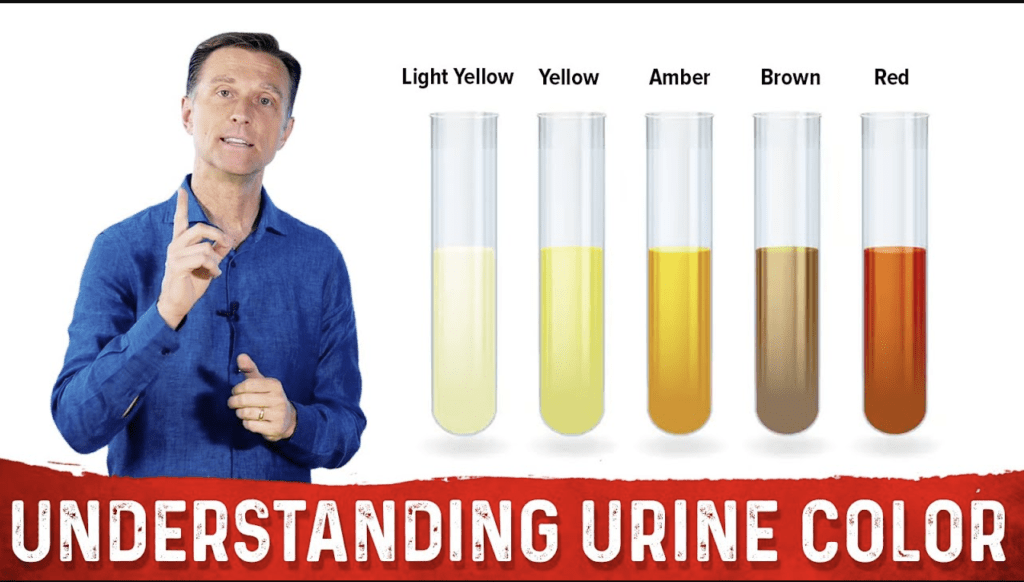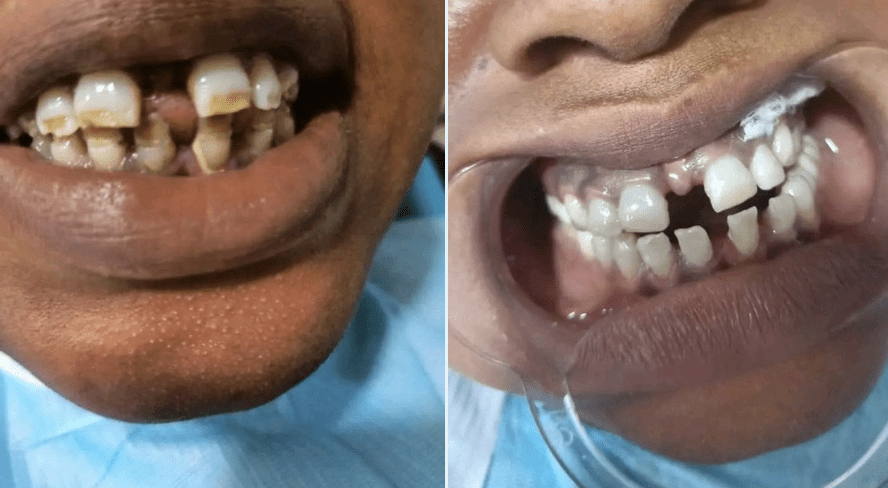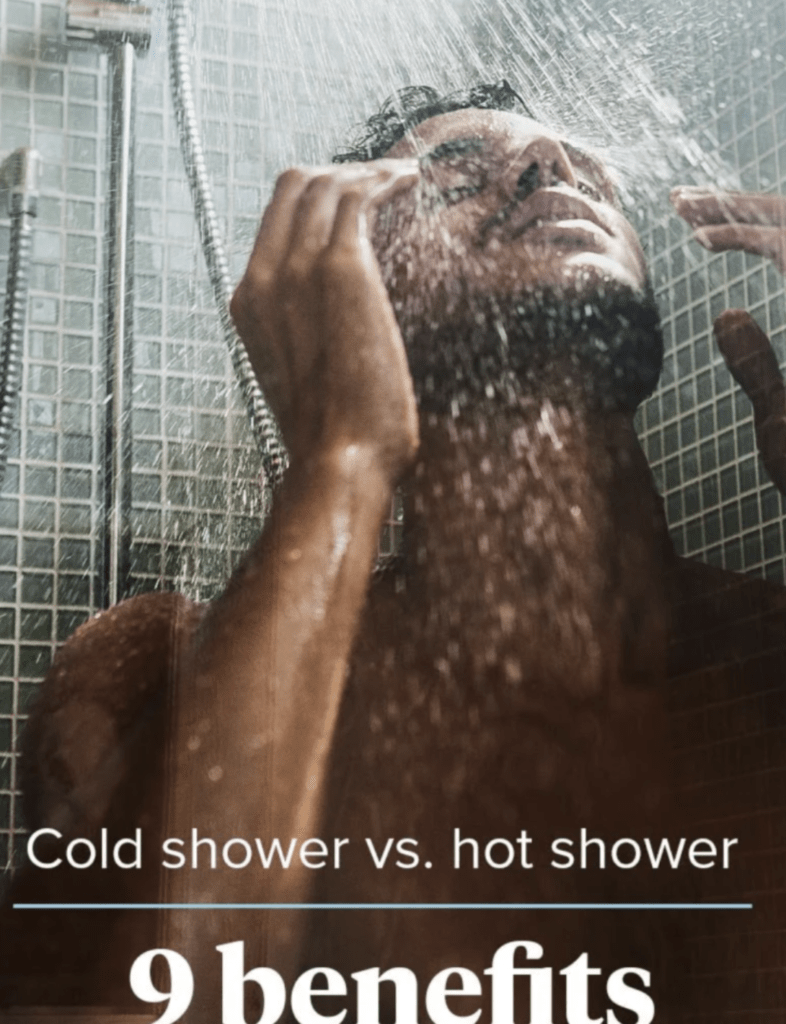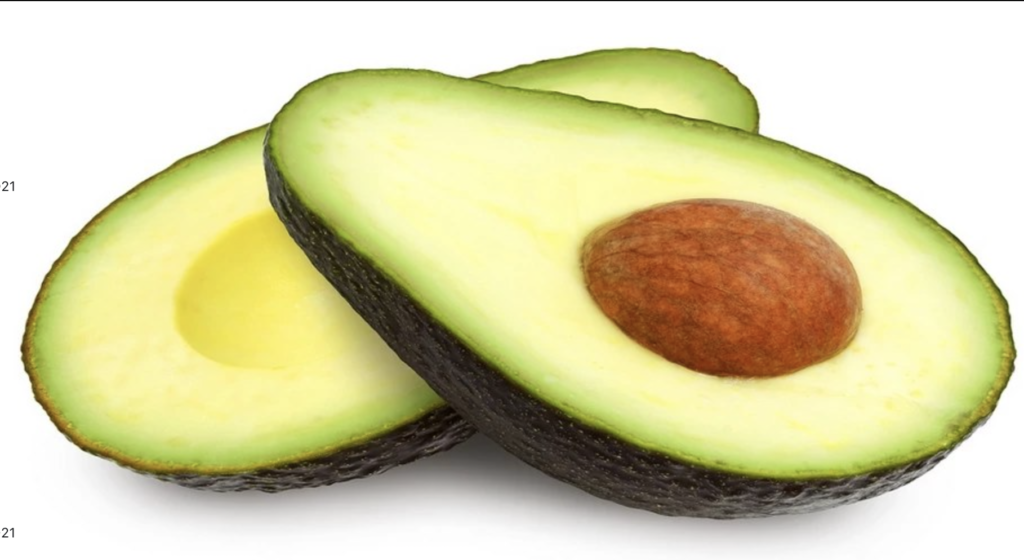There are many home remedies for varicose veins. You can start with physical exercise, wearing compression stockings, and doing leg elevation whenever you have time. Weight loss can also help in relieving varicose veins symptoms. There are some common ingredients like ginger, garlic, and cayenne pepper that you can involve in your diet in relieving varicose veins
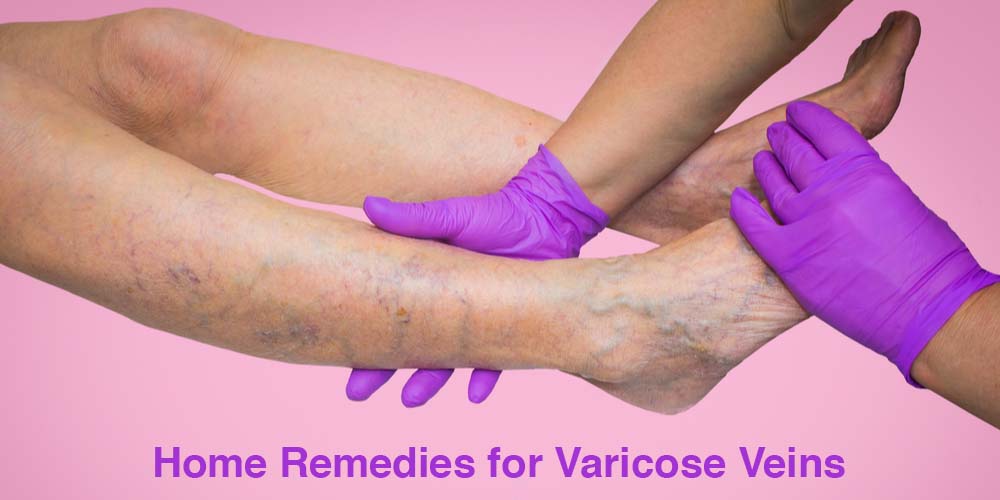
Varicose veins are twisted, enlarged veins. Any vein that is close to the skin’s surface (superficial) can become varicosed.
What Are Varicose Veins?
- The presence of swollen veins on the feet and legs is called varicose veins. Varicose veins are primarily dark purple or blue in color and appear twisted, lumpy, or bulging.
- Varicose veins usually do not cause any serious issues or discomfort. If you suffer from varicose veins and they do not cause any pain or discomfort, you might not require consultation from your doctor
- Varicose vein is a common problem, chances of which increase with the increase in age, if you are female, do not exercise, have obesity, or have a family history of varicose veins.
- It is also more common in pregnancy.
How A Varicose Vein Is Formed
- The valves in the veins become weakened and damaged
- Blood gets collected in the veins, exerting pressure on the walls of the vein
- Veins become enlarged and swollen, causing varicose
The valves become weakened or damaged due to:
- Wearing tight clothing
- Aging
- Hormones
- Standing for a longer period
- Excessive weight
Symptoms Of Varicose Veins
- Legs feeling tired, sluggish, and heavy after any physical activity
- Varicose veins can be noticeable because of their dark blue or purple appearance, they also often bulge out from underneath the skin.
- Aching, heavy, and uncomfortable legs
- Burning or throbbing sensation in the legs
- Uncomfortable legs that feel heavy or achy
- Muscle cramps that can be more noticeable at night
- Swelling of the feet and ankles
- Dry or itchy skin that appears thinner over the varicose vein
Main Cause Of Varicose Veins
- Wearing restrictive clothing
- Varicose veins are usually caused by weak vein walls and valves. Inside your veins are tiny one-way valves that open to let the blood through, and then close to prevent it from flowing backward.
- Sometimes the walls of the veins become stretched and lose their elasticity, causing the valves to weaken.
Are Varicose Veins Harmful?
- Generally speaking, varicose veins aren’t terribly dangerous, but they do typically progress and can eventually cause pain, ulcerations, and other symptoms
- Varicose veins are not considered a serious medical condition. But, they can be uncomfortable and can lead to more serious problems. And, because they may be very noticeable, they may cause people to feel uncomfortable or embarrassed.
Home Treatments For Varicose Veins
1. Physical Exercise
- Generally, exercise won’t cure varicose veins, it can only help improve your symptoms and reduce your risk of developing more.
- Walking, cycling, and swimming are all great low-impact exercises that are easy on the joints and help circulation in varicose veins.
- Any exercises that put excessive pressure on your legs and your abs may worsen your varicose veins. E.g=>, crunches, squats, and sit-ups can create too much stress in your veins.
- You should also avoid doing planks or other postures that strain your abdominal muscles
While running has not been shown to cause varicose veins, there are some studies that suggest it may, in some cases, aggravate existing veins. So, if you have varicose veins should you stop running? The short answer is no.
Best Exercise For Stronger Veins
- Walking.
- Cycling
- Yoga
- Swimming
- Leg Lifts
2. Keep The Legs Elevated
Just like reducing swelling, elevating legs allows blood that has pooled to drain away. This lowers the pressure on your veins as well, allowing them to benefit from a much-deserved break. Pressure can lead to varicose veins and other more serious vein issues if left unchecked
3. Plant Extracts
Five Best Essential Oils For Varicose Veins
- Lavender essential oil.
- Horse chestnut essential oil
- Sea pine essential oil
- Grapevine essential oil
- Yarrow essential oil.
4. Weight Loss
- Generally, losing weight will make your varicose veins go away, however, while losing weight can benefit your veins and overall health, it cannot directly heal weakened or malfunctioning valves in your veins.
- Weight Loss won’t eliminate your varicose veins. In almost all cases, the thing that causes varicose veins is a condition called Chronic Venous Insufficiency, or CVI.
5. Massage For Varicose Veins
- Massage can provide relief from aches and pains but it isn’t a miracle cure for varicose veins. In fact, it can only provide temporary symptomatic relief and it will not make the veins any less visible, get rid of them, or prevent new varicose veins from forming
- Massage is not an effective treatment for varicose veins. Additionally, massage can be dangerous for individuals with deep vein thrombosis
6. Avoid Standing Or Sitting For Long Periods
Avoid sitting for long periods of time. If a person has to sit for long periods of time for work, they should aim to get up and move around or change position frequently to keep the blood flowing smoothly
7. Dietary Changes
Good Foods For Varicose Veins
- a low-carb, low-calorie diet that is high in fiber and full of colorful vegetables and fruits.
- Avocados.
- These include vitamin C for inflammation and vitamin E as a natural blood thinner to help prevent clots.
- They also help protect veins against oxidant damage.
- Drinks that can help reduce vericose veins include;
Tea
Beetroot juice
Pomegranate Juice
Orange juice
Smoothies
Water
Foods To Avoid If You Suffer From Varicose Veins
- Salt and sodium. The sodium in salt can cause the body to retain water-The sodium in salt can cause the body to retain water. As a result, blood volume increases, and blood pressure rises, both of which put pressure on the venous system. Often ankles and legs swell as retained water pools in the lower extremities, contributing to varicose vein
- Fried foods. Crispy fried chicken-These foods do not contain fiber and have little – if any – nutritional value, and these foods often are high in sodium.
- Refined Carbohydrates-Simple carbohydrates, known as refined carbohydrates, contribute to poor vein health as well as chronic diseases such as diabetes
- Added Sugars-high amounts of sugar in the blood cause an excess of insulin to be released into your circulatory system. Like salt, sugar can be hidden in foods that do not fall into the sweet treat category such as salad dressings and savory crackers.
- Alcoholic beverages-Alcohol acts as a diuretic, which can cause dehydration. Dehydration affects the circulatory system and can leave you feeling sluggish. The body works harder to move your blood throughout your body, and this can put extra pressure on the venous system and can exacerbate the symptoms and severity of varicose veins
8.Ginger
- Ginger is used to promote good blood circulation and thus, help prevent varicose veins.
- Ginger breaks down fibrin (a protein that causes lumpy veins) in the blood vessels.
- Ginger also has the ability to possibly lower your blood pressure. When the amount of pressure on your veins is minimized it allows for easier blood flow.
- Ginger also exhibits blood-thinning potential and because thinner blood is easier for your heart to pump it can help improve the circulation of blood within your veins.
9.Cayenne
- Capsaicin is found in cayenne pepper, which benefits your veins due to its anti-inflammatory, analgesic, and blood-thinning properties.
- A small dose, only half a teaspoon in a cup of water, can be taken to help manage pain and inflammation due to varicose veins
10. Flavonoids
- Flavonoids, a natural plant pigment, have been recommended as a way of preventing varicose veins.
- These can be found in the peel-and-white pith of citrus fruits, such as oranges, grapefruits, and lemons, which are a great source of antioxidants.
- They are also found in berries; blueberries, and cranberries especially those that are darker and riper. Blackberries, black grapes, and bananas also are rich in flavonoids.
- With regards to vegetables, those that are of the green and red family contain flavonoids.
11. Choose Non-Restrictive Clothing
- Compression stockings are an ideal choice since they relieve some symptoms of varicose veins by stimulating blood flow.
- Looser tights and leggings are also ideal attire.
- As for your feet, soft-sole, low-heel shoes are preferable, since blood flows more easily when your foot lies flat on the ground.
- Avoid WearingShapewear – Items in this category, include: Spanx, girdles, and control top hosiery/underwear. The items are extremely tight and push into the skin on your body, which can decrease circulation.
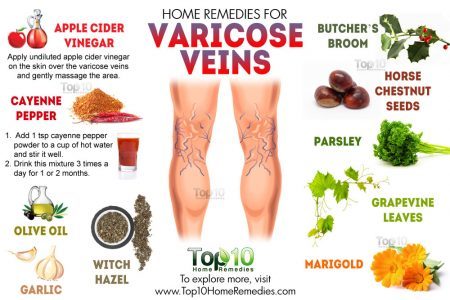
References
- Cleveland Clinic [Internet]. Varicose Veins; 2021 Dec 29 [cited 2022 May 11]. Available from: https://my.clevelandclinic.org/health/diseases/4722-varicose-veins
- Office on Women’s Health [Internet]. Varicose veins and spider veins; 2021 Feb 15 [cited 2022 May 11]. Available from: https://www.womenshealth.gov/a-z-topics/varicose-veins-and-spider-veins
- NHS [Internet]. Varicose veins: Treatment; 2020 May 7 [cited 2022 May 11]. Available from: https://www.nhs.uk/conditions/varicose-veins/treatment/
